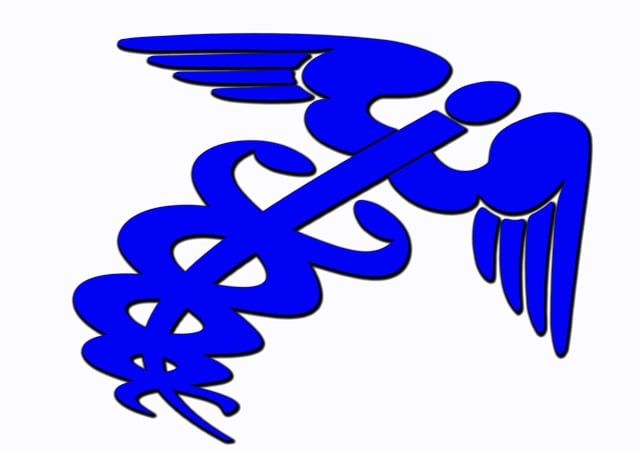Understanding Polycystic Ovary Syndrome (PCOS): Symptoms, Causes, and Treatment Options

Polycystic Ovary Syndrome (PCOS) is a complex hormonal disorder that affects millions of women worldwide. Understanding its symptoms, causes, and treatment options can help those affected manage the condition more effectively. Let’s delve into PCOS and empower ourselves with knowledge.
What is PCOS?
PCOS is characterized by hormonal imbalances that can lead to a variety of symptoms. It often manifests during a woman’s reproductive years and can affect menstrual cycles, fertility, and overall health.
Symptoms of PCOS
The symptoms of PCOS can vary widely from one person to another, but common signs include:
- Irregular or absent menstrual periods
- Excessive hair growth (hirsutism) on the face, chest, and back
- Acne and oily skin
- Weight gain or difficulty losing weight
- Thinning hair or hair loss on the scalp
- Dark patches of skin, particularly in skin folds
Causes of PCOS
The exact cause of PCOS remains unclear, but several factors may contribute to its development:
- Genetics: A family history of PCOS may increase the risk.
- Insulin Resistance: Many women with PCOS have insulin resistance, which can lead to weight gain and difficulty managing blood sugar levels.
- Hormonal Imbalances: An imbalance in hormones such as androgens can disrupt the normal functioning of the ovaries.
Treatment Options
While there is no cure for PCOS, various treatment options can help manage symptoms:
| Treatment | Purpose |
|---|---|
| Lifestyle Changes | Weight management and exercise can help regulate menstrual cycles and improve insulin sensitivity. |
| Medications | Hormonal birth control can regulate periods and reduce symptoms like acne and hirsutism. |
| Fertility Treatments | Medications like Clomid can help women who are trying to conceive. |
Watch This Video
Living with PCOS
Living with PCOS can be challenging, but many women find ways to manage their symptoms and lead fulfilling lives. Support groups, counseling, and education can provide valuable resources for coping with this condition.
Resources for Further Information
For more information about PCOS, consider checking out the following resources:
- American College of Obstetricians and Gynecologists
- PCOS Awareness Association
- Office on Women’s Health
